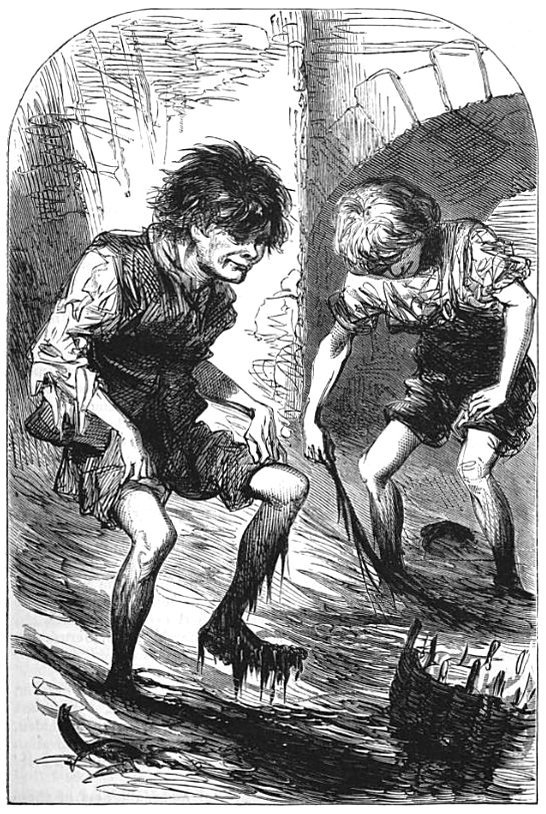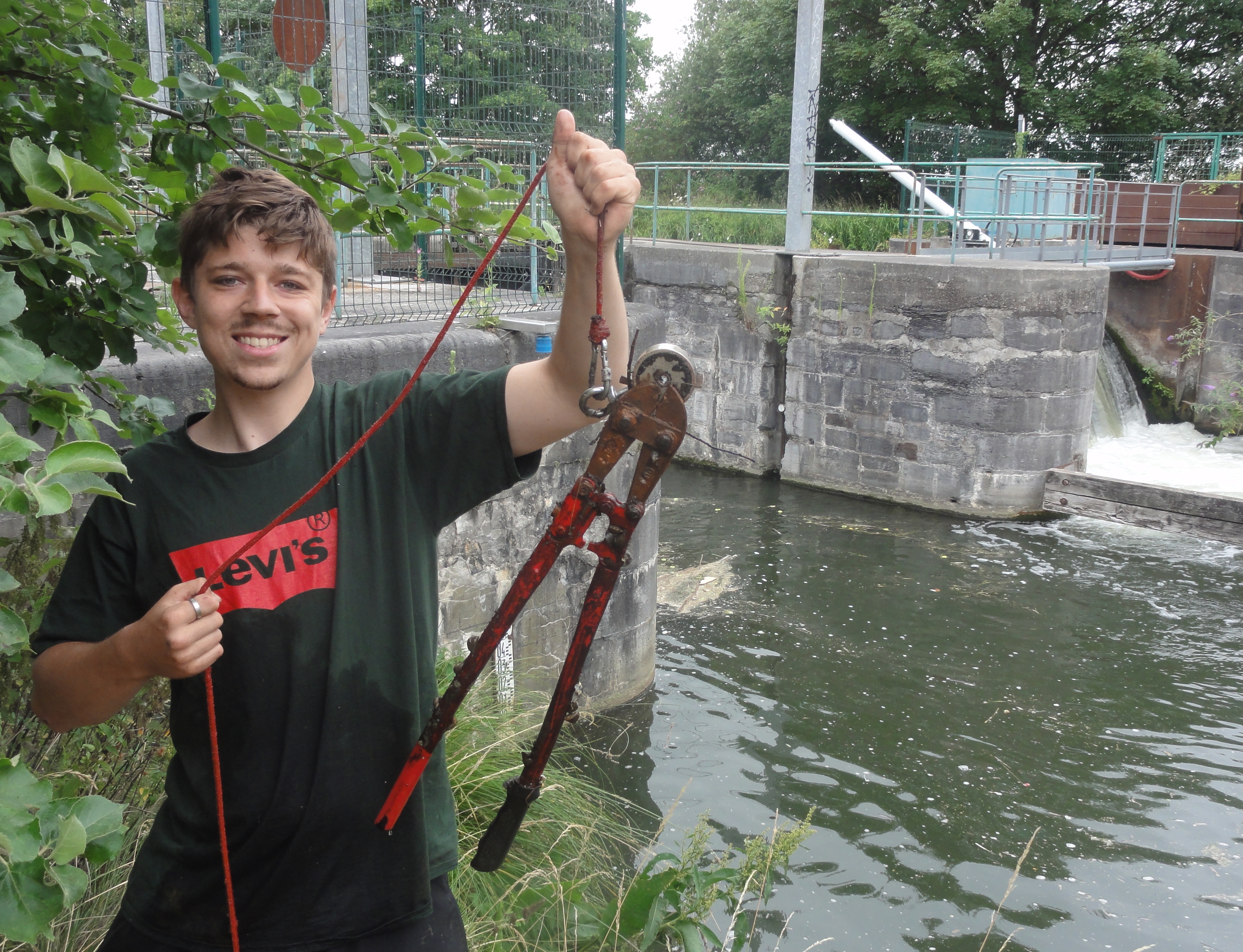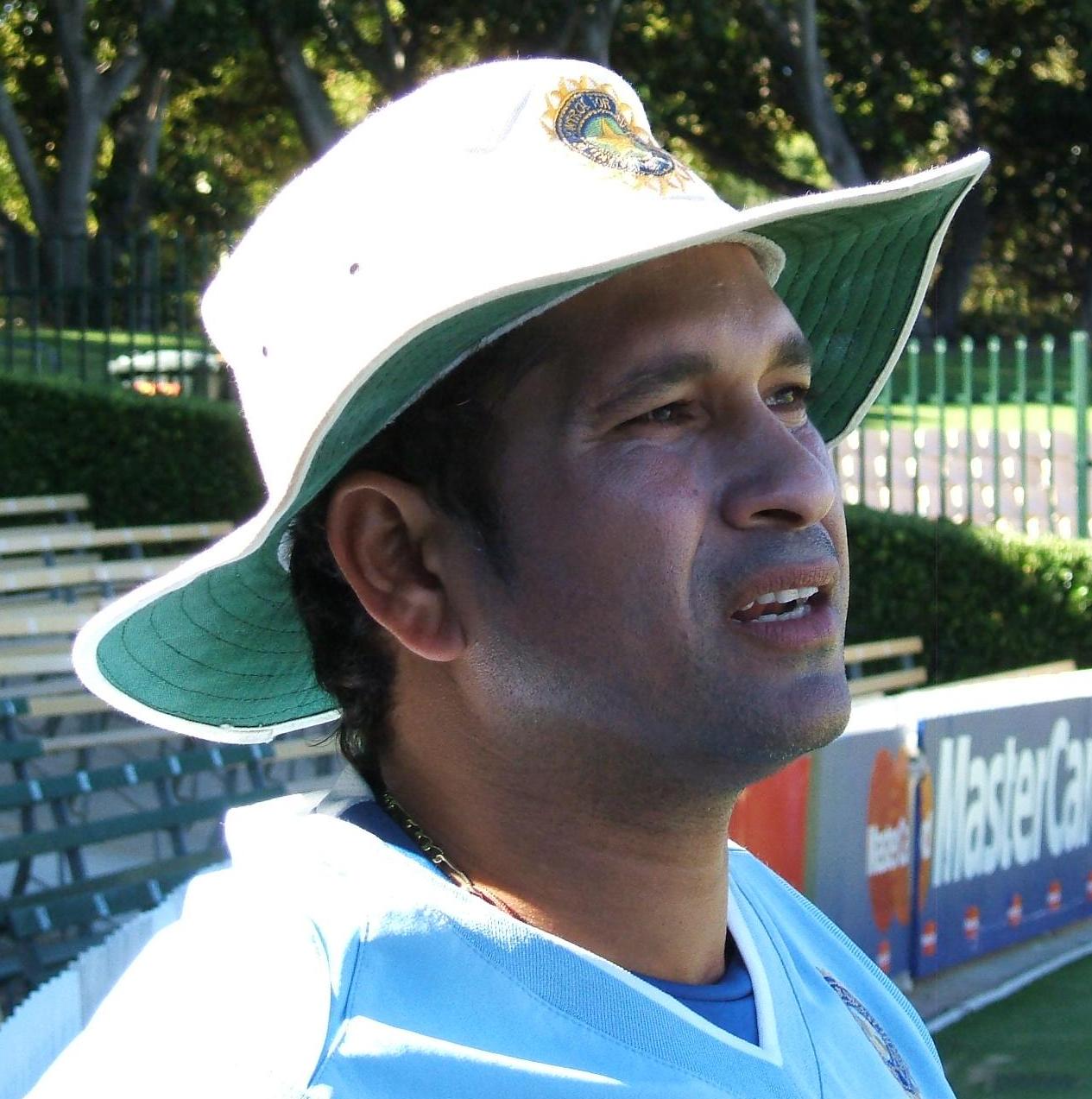|
Grubber
Grubber is a term which was sometimes used in Victorian England to describe people who scavenged in drains for a living. Grubber is also a colloquial name used in New Zealand for a mattock and in Australia as a term for a cricket ball which when bowled (as a result of lack of force) results in the ball either not bouncing enough to be hit by the batter, or failing to bounce at all. See also * Junk man * Tosher – someone who scavenges in sewers * Mudlark * Waste picker A waste picker is a person who salvages reusable or recyclable materials thrown away by others to sell or for personal consumption. There are millions of waste pickers worldwide, predominantly in developing countries, but increasingly in post-in ... * Magnet fishing Further readingCultural Anthropology: Tribes, States, and the Global System By John H. Bodley Published by Altamira Press [...More Info...] [...Related Items...] OR: [Wikipedia] [Google] [Baidu] |
Tosher
A tosher is someone who scavenges in the sewers, a sewer-hunter, especially in London during the Victorian era. The word tosher was also used to describe the thieves who stripped valuable copper from the hulls of ships moored along the Thames. The related slang term "tosh" referred to valuables thus collected. Both "tosher" and "tosh" are of unknown origin. In fiction A tosher in Victorian London is the profession of the title character in '' Dodger'', a 2012 novel by Terry Pratchett.Doubleday. The character Murky John is a Tosher in ''Year of the Rabbit The rabbit ( 兔) is the fourth in the twelve-year cycle of animals that appear in the Chinese zodiac related to the Chinese calendar. The Year of the Rabbit is associated with the Earthly Branch symbol 卯. In the Vietnamese zodiac and t ...'' Series 1 Episode 2. See also * * *, someone who scavenges in river mud. * References External links {{wiktionary, tosherToshers in fiction : "Joe Rat", a novel by Mark Bar ... [...More Info...] [...Related Items...] OR: [Wikipedia] [Google] [Baidu] |
Mudlark
A mudlark is someone who scavenges in river mud for items of value, a term used especially to describe those who scavenged this way in London during the late 18th and 19th centuries. The practice of searching the banks of rivers for items continues in the modern era, with newer technology such as metal detectors sometimes being employed to search for metal valuables that may have washed ashore. Mudlarks in the 18th and 19th centuries Mudlarks would search the muddy shores of the River Thames at low tide for anything that could be sold – sometimes, when occasion arose, pilfering from river traffic as well. By at least the late 18th century, people dwelling near the river could scrape a subsistence living this way. Mudlarks were usually either youngsters aged between 8 and 15, or the robust elderly, and though most mudlarks were male, girls and women were also scavengers.Henry Mayhew, ''London Labour and the London Poor; Extra Volume'' 1861 Becoming a mudlark was usually a c ... [...More Info...] [...Related Items...] OR: [Wikipedia] [Google] [Baidu] |
Waste Picker
A waste picker is a person who salvages reusable or recyclable materials thrown away by others to sell or for personal consumption. There are millions of waste pickers worldwide, predominantly in developing countries, but increasingly in post-industrial countries as well. Various forms of waste picking have been practiced since antiquity, but modern traditions of waste picking took root during industrialization in the nineteenth century. Over the past half-century, waste picking has expanded vastly in the developing world due to urbanization, toxic colonialism and the global waste trade. Many cities only provide solid waste collection. Terminology Many terms are used to refer to people who salvage recyclables from the waste stream for sale or personal consumption. In English, these terms include ''rag picker'', ''reclaimer'', ''informal resource recoverer'', ''binner'', ''recycler'', ''poacher'', ''salvager'', ''scavenger'', and ''waste picker''; in Spanish ''cartonero'', ''chat ... [...More Info...] [...Related Items...] OR: [Wikipedia] [Google] [Baidu] |
Magnet Fishing
Magnet fishing, also called magnetic fishing, is searching in outdoor waters for ferromagnetic objects available to pull with a strong neodymium magnet. The hobby is a combination of environmentalism and treasure hunting. The magnets used are strong enough to remove large debris such as discarded bicycles, guns, safes, bombs, grenades, coins and car tire rims from bodies of water, but many who engage in the hobby are hoping to find rare and valuable items as well. It is thought magnet fishing was initially started by boaters using magnets to recover fallen keys from the water. Tools Magnet fishing is typically done with gloves, a strong neodymium magnet secured to a durable rope between , and sometimes a grappling hook as a supplement to the magnet. Potential harms Some environmentalists worry that removing objects can stir up sediment that contains toxic materials, or disturb archaeological sites. Some magnet fishers have retrieved dangerous objects, including loade ... [...More Info...] [...Related Items...] OR: [Wikipedia] [Google] [Baidu] |
Victorian England
In the history of the United Kingdom and the British Empire, the Victorian era was the period of Queen Victoria's reign, from 20 June 1837 until her death on 22 January 1901. The era followed the Georgian period and preceded the Edwardian period, and its later half overlaps with the first part of the '' Belle Époque'' era of Continental Europe. There was a strong religious drive for higher moral standards led by the nonconformist churches, such as the Methodists and the evangelical wing of the established Church of England. Ideologically, the Victorian era witnessed resistance to the rationalism that defined the Georgian period, and an increasing turn towards romanticism and even mysticism in religion, social values, and arts. This era saw a staggering amount of technological innovations that proved key to Britain's power and prosperity. Doctors started moving away from tradition and mysticism towards a science-based approach; medicine advanced thanks to the adoption ... [...More Info...] [...Related Items...] OR: [Wikipedia] [Google] [Baidu] |
Storm Drain
A storm drain, storm sewer (United Kingdom, United States, U.S. and Canada), surface water drain/sewer (United Kingdom), or stormwater drain (Australia and New Zealand) is infrastructure designed to Drainage, drain excess rain and ground water from impervious surfaces such as paved streets, car parks, parking lots, footpaths, sidewalks, and roofs. Storm drains vary in design from small residential dry wells to large municipal systems. Drains receive water from street gutters on most motorways, freeways and other busy roads, as well as towns in areas with heavy rainfall that leads to flooding, and coastal towns with regular storms. Even gutters from houses and buildings can connect to the storm drain. Many storm drainage systems are gravity sewers that drain untreated storm water into rivers or streams—so it is unacceptable to pour hazardous substances into the drains. Storm drains sometimes cannot manage the quantity of rain that falls in heavy rains or storms. Inundated drai ... [...More Info...] [...Related Items...] OR: [Wikipedia] [Google] [Baidu] |
New Zealand
New Zealand ( mi, Aotearoa ) is an island country in the southwestern Pacific Ocean. It consists of two main landmasses—the North Island () and the South Island ()—and over 700 smaller islands. It is the sixth-largest island country by area, covering . New Zealand is about east of Australia across the Tasman Sea and south of the islands of New Caledonia, Fiji, and Tonga. The country's varied topography and sharp mountain peaks, including the Southern Alps, owe much to tectonic uplift and volcanic eruptions. New Zealand's capital city is Wellington, and its most populous city is Auckland. The islands of New Zealand were the last large habitable land to be settled by humans. Between about 1280 and 1350, Polynesians began to settle in the islands and then developed a distinctive Māori culture. In 1642, the Dutch explorer Abel Tasman became the first European to sight and record New Zealand. In 1840, representatives of the United Kingdom and Māori chiefs ... [...More Info...] [...Related Items...] OR: [Wikipedia] [Google] [Baidu] |
Mattock
A mattock is a hand tool used for digging, prying, and chopping. Similar to the pickaxe, it has a long handle and a stout head which combines either a vertical axe blade with a horizontal adze (cutter mattock), or a pick and an adze (pick mattock). A cutter mattock is similar to a Pulaski used in fighting fires. It is also commonly known in North America as a "grub axe". Description A mattock has a shaft, typically made of wood, which is long. The head consists of two ends, opposite each other and separated by a central eye. A mattock head typically weighs . The form of the head determines the kind and uses of the mattock: * A ''cutter mattock'' combines the functions of an axe and adze, with its axe blade oriented vertically and longer adze horizontally. * A ''pick mattock'' combines the function of a pick and adze, with a pointed end opposite an adze blade. Both are used for grubbing in hard soils and rocky terrain, with the pick mattock having the advantage of a superio ... [...More Info...] [...Related Items...] OR: [Wikipedia] [Google] [Baidu] |
Cricket Ball
A cricket ball is a hard, solid ball used to play cricket. A cricket ball consists of a cork core wound with string then a leather cover stitched on, and manufacture is regulated by cricket law at first-class level. The trajectory of a cricket ball when bowled, through movement in the air, and off the ground, is influenced by the action of the bowler and the condition of the ball and the pitch, while working on the cricket ball to obtain optimal condition is a key role of the fielding side. The principal method through which the batsman scores runs is by hitting the ball, with the bat, into a position where it would be safe to take a run, or by directing the ball through or over the boundary. Cricket balls are harder and heavier than baseballs. In Test cricket, professional domestic games that spread over a multitude of days, and almost the entirety of amateur cricket, the traditional red cricket ball is normally used. In many one day cricket matches, a white ball is used i ... [...More Info...] [...Related Items...] OR: [Wikipedia] [Google] [Baidu] |
Batter (cricket)
In cricket, batting is the act or skill of hitting the ball with a bat to score runs and prevent the loss of one's wicket. Any player who is currently batting is, since September 2021, officially referred to as a batter (historically, the terms "batsman" and "batswoman" were used), regardless of whether batting is their particular area of expertise. Batters have to adapt to various conditions when playing on different cricket pitches, especially in different countries - therefore, as well as having outstanding physical batting skills, top-level batters will have quick reflexes, excellent decision-making and be good strategists. During an innings two members of the batting side are on the pitch at any time: the one facing the current delivery from the bowler is called the striker, while the other is the non-striker. When a batter is out, he is replaced by a team-mate. This continues until the end of the innings, which in most cases is when 10 of the team members are out, w ... [...More Info...] [...Related Items...] OR: [Wikipedia] [Google] [Baidu] |
Junk Man
Junk may refer to: Arts and entertainment * ''Junk'' (film), a 2000 Japanese horror film * '' J-U-N-K'', a 1920 American film * ''Junk'' (novel), by Melvin Burgess, 1996 * ''Junk'', a novel by Christopher Largen Music Groups * Junk (band), a British pop band Albums * ''Junk'', by Ferry Corsten, 2006 * ''Junk'', by Jejune, 1997 * ''Junk'', by Junk (band), 1995 * ''Junk'' (M83 album), 2016 Songs * "Junk" (song), written by Paul McCartney in 1970 * "Junk", song from Zico Chain's ''Food'' album Other uses in arts and entertainment * '' Junk: Record of the Last Hero'', a shōnen manga series by Kia Asamiya * '' Junk: The Golden Age of Debt'', a play by Ayad Akhtar Finance * Junk bond * Junk status, a debt credit rating People * Bruno Junk (1929–1995), Estonian race walker, two-time Olympic bronze medal winner * Janson Junk (born 1996), American baseball pitcher * Sebastian Junk (born 1983), German Paralympic judoka * Wilhelm Junk (1866–1942), Czech-born antiquarian boo ... [...More Info...] [...Related Items...] OR: [Wikipedia] [Google] [Baidu] |
Sanitary Sewer
A sanitary sewer is an underground pipe or tunnel system for transporting sewage from houses and commercial buildings (but not stormwater) to a sewage treatment plant or disposal. Sanitary sewers are a type of gravity sewer and are part of an overall system called a "sewage system" or sewerage. Sanitary sewers serving industrial areas may also carry industrial wastewater. In municipalities served by sanitary sewers, separate storm drains may convey surface runoff directly to surface waters. An advantage of sanitary sewer systems is that they avoid combined sewer overflows. Sanitary sewers are typically much smaller in diameter than combined sewers which also transport urban runoff. Backups of raw sewage can occur if excessive stormwater inflow or groundwater infiltration occurs due to leaking joints, defective pipes etc. in aging infrastructure. Purpose Sewage treatment is less effective when sanitary waste is diluted with stormwater, and combined sewer overflows occur when r ... [...More Info...] [...Related Items...] OR: [Wikipedia] [Google] [Baidu] |







